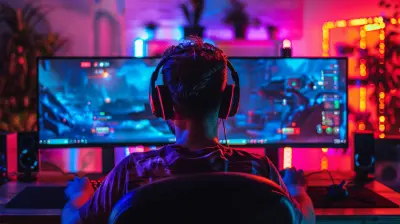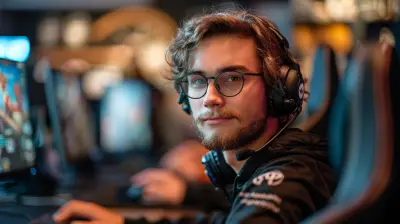How Cooperative Games Help Build Critical Thinking and Coordination
28 October 2025
Gaming isn’t just about button-mashing and flashy graphics anymore—it's so much more than that. Cooperative games, specifically, are redefining what it means to play together. These games aren’t just fun; they’re powerful tools that encourage teamwork, sharpen critical thinking, and help players develop better coordination. Whether you're strategizing over a complex board game, solving puzzles in a video game, or tackling challenges in a tabletop RPG, cooperative games can teach life skills in ways you might not expect.
So, let’s dive deep into why cooperative games are amazing and how they can help build critical thinking and coordination. Trust me, by the time you’re done reading, you’ll probably want to gather your friends for a game night!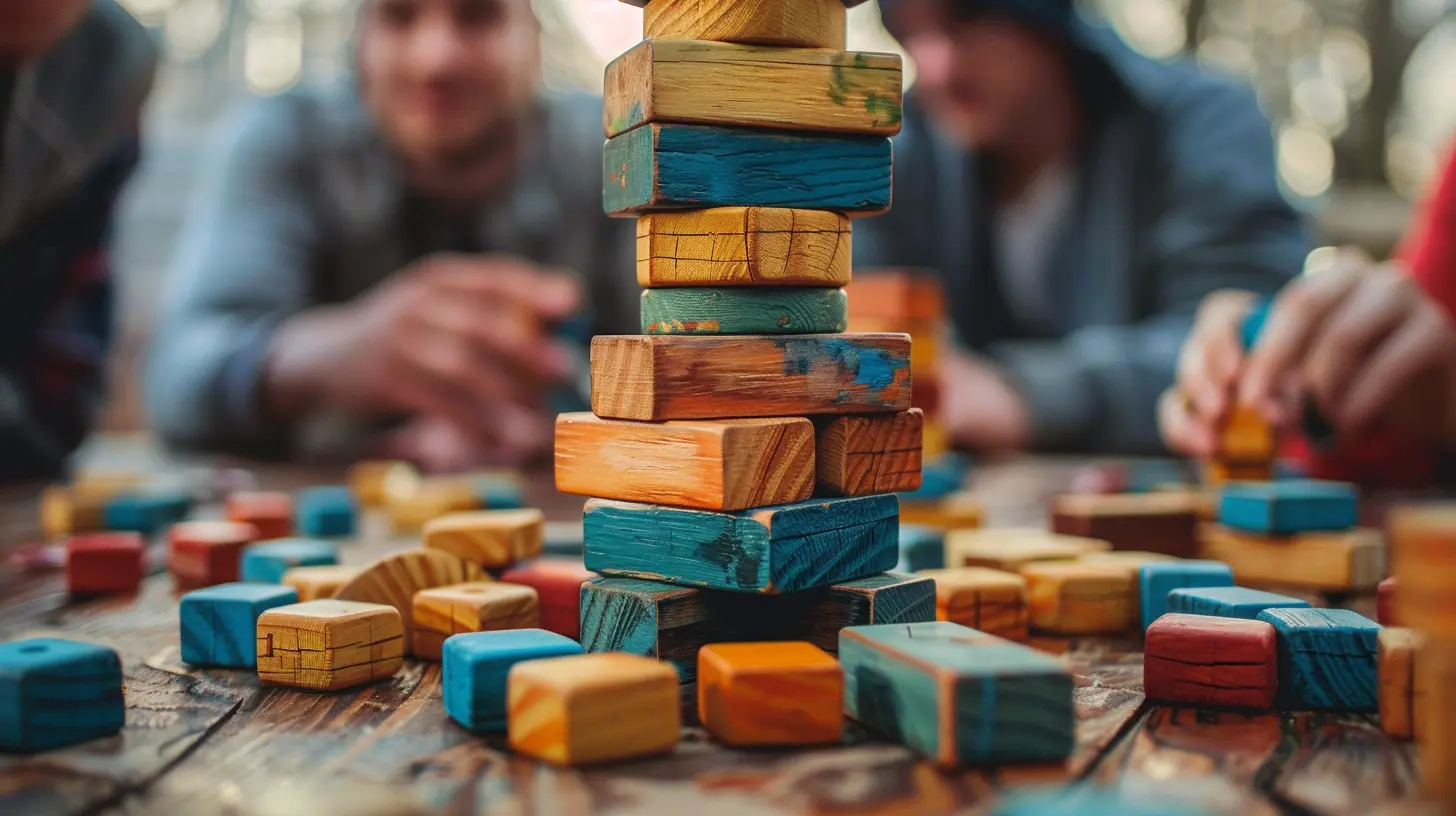
Why Cooperative Games Are a Big Deal
Think about the last time you played a game where everyone was working together instead of competing against one another. Felt good, didn’t it? Cooperative games flip the script on the "winner takes all" mentality. Instead of going head-to-head, players rely on each other to overcome obstacles. It’s like being part of a well-tuned machine—every move matters, and teamwork is key.But cooperative games do more than spice up game night. They’re a sneaky-smart way to build essential skills. Let’s break down how they work their magic.
Critical Thinking: The Brain’s Favorite Workout
Cooperative games challenge you to think. Not just casually—like, really think. You’ve got to analyze the situation, weigh your options, and make decisions that benefit the whole team. It’s like a mental obstacle course, and the best part? You don’t even realize you’re exercising your brain because you’re too busy having fun.Problem-Solving Under Pressure
Ever played a game like Pandemic or Minecraft Dungeons? These games force you to wade through seemingly impossible scenarios. In Pandemic, for instance, you're racing to stop global outbreaks. Every decision feels critical. Should you focus on treating diseases, or should your team divert resources to finding cures? There’s no time to waste—you have to think fast, plan ahead, and adapt when things don’t go your way.Now, this kind of problem-solving doesn’t just stay on the game board. It sneaks into real life, too. The next time you’re troubleshooting at work or navigating an unexpected issue, you’ll notice how much more natural critical thinking feels. Coincidence? Nope—it’s those cooperative games flexing your mental muscles.
Strategic Thinking in a Group Setting
Here’s another thing: cooperative games teach you how to think strategically, together. It’s all about pooling your ideas and figuring out the best course of action as a group. Imagine you’re playing Overcooked, a hilarious yet chaotic game where players run a kitchen together. You can’t just wing it—you need to communicate and plan. Who’s slicing the veggies? Who’s washing dishes? Who’s plating the orders? If one person drops the ball, the team suffers.This kind of strategic collaboration is invaluable. Suddenly, team projects at school or work don’t seem so intimidating. You’re used to brainstorming, delegating tasks, and working toward a common goal.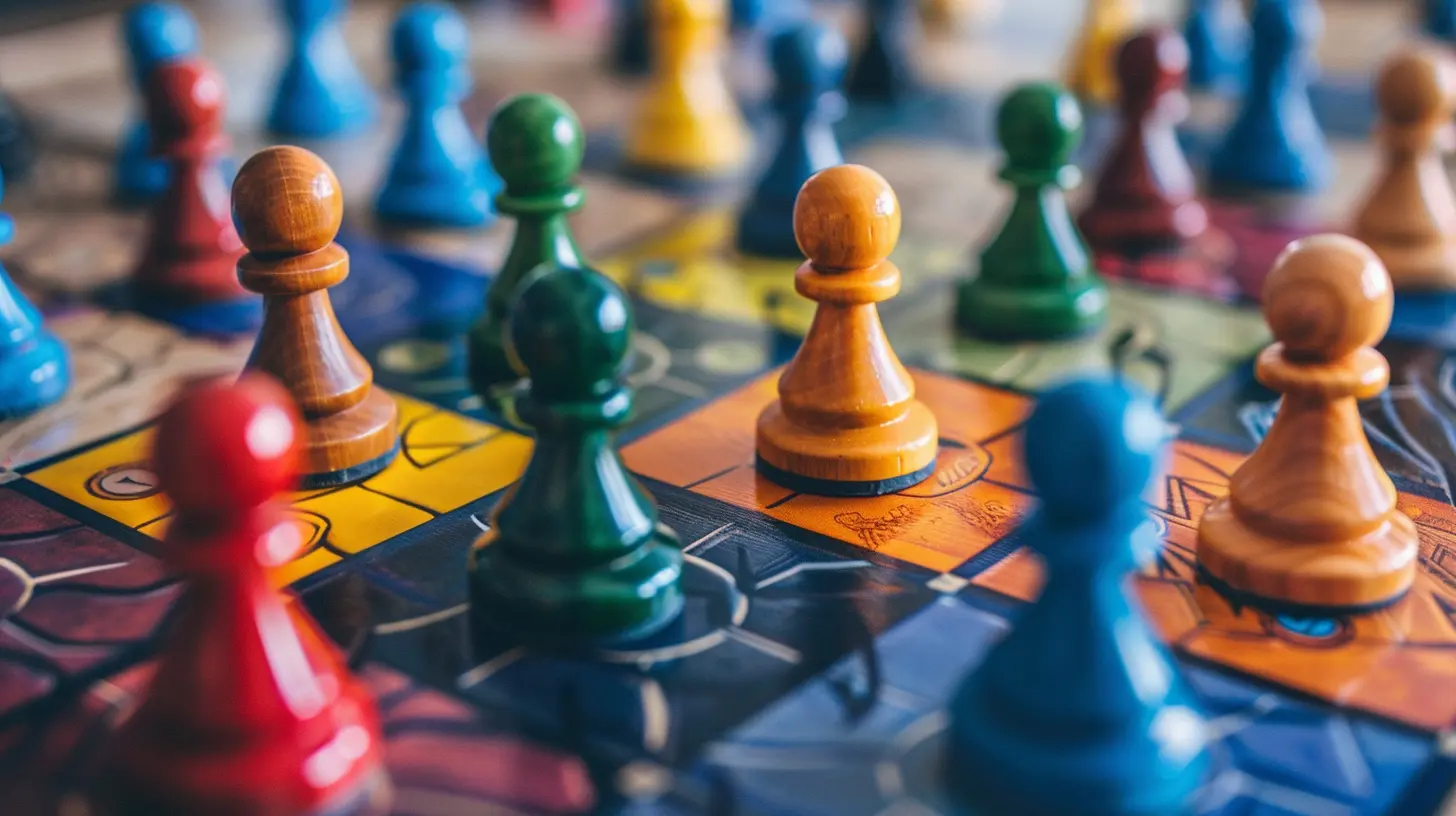
Coordination: Not Just About Reflexes
When we think of “coordination” in games, we often picture fast reflexes or precise hand-eye movement. While those are definitely part of the package, cooperative games take coordination to a whole new level. It’s not just about how you move—it’s about how well you sync with others.Communication is Key
Let’s face it: teamwork falls apart without good communication. Cooperative games are like a crash course in speaking up and listening. Take Keep Talking and Nobody Explodes, for example. One player has a bomb to defuse, and the others have the manual—but here’s the catch: neither can see the other’s screen. The defuser has to describe the bomb’s components, while the manual readers walk them through the steps. Miscommunication? Boom. Better luck next time.Games like this teach players how to express themselves clearly and listen actively. Those skills translate directly to real-world scenarios, whether you're coordinating a group project or planning a family vacation.
Timing and Awareness
Cooperative games make you hyper-aware of your surroundings and your teammates’ actions. In Left 4 Dead 2, a zombie-survival game, players must move as a unit to stay alive. If one person lags behind, it puts everyone in danger. It’s like a choreographed dance—except with zombies chasing you instead of an audience cheering you on.This heightened sense of timing and awareness sharpens your ability to coordinate in fast-paced or high-stakes situations. From playing sports to navigating crowded city streets, you’ll find yourself moving more confidently and purposefully.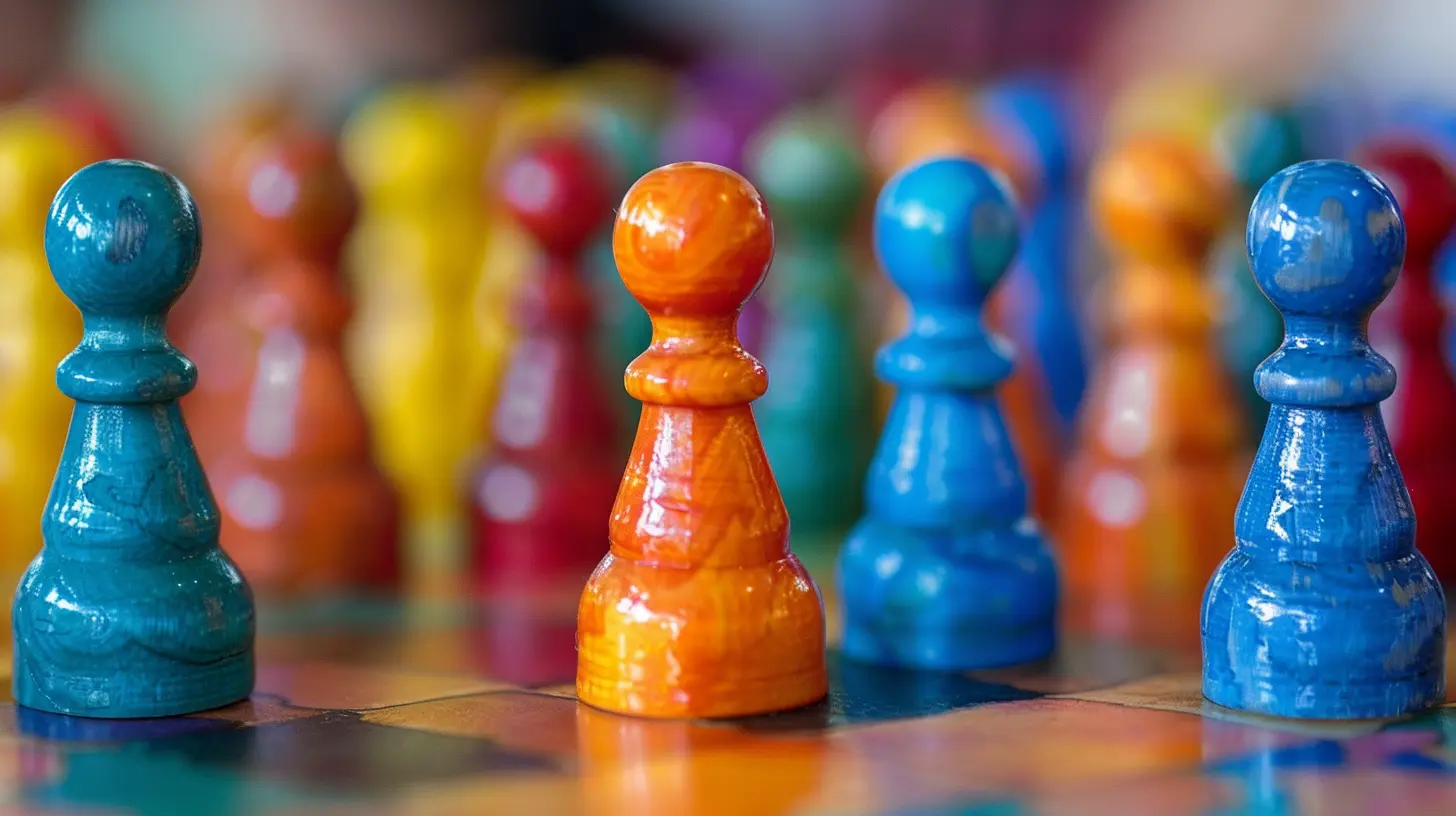
Building Bonds Through Play
Here’s the cherry on top: cooperative games strengthen relationships. When you work together toward a common goal, you build trust, empathy, and camaraderie. Whether you’re playing with lifelong friends or strangers online, you’re creating shared experiences that bring people closer.Turning Competition into Collaboration
Let’s admit it: competition can get intense, and sometimes it’s not all that fun. Ever flipped a Monopoly board in frustration? Yeah, we’ve all been there. Cooperative games, on the other hand, ditch the rivalry and emphasize collaboration. Instead of tearing each other down, you’re lifting each other up.This shift in focus can make gaming way more enjoyable, especially for people who don’t like “cutthroat” competition. Plus, it sets an example for how we can approach challenges in real life: working together instead of against each other.
Perfect Icebreakers
If you’ve ever been in an awkward social situation, you know how tough it can be to break the ice. Cooperative games come to the rescue! Whether it’s a family get-together or a team-building event at work, games like Codenames: Duet or Forbidden Island can turn strangers into teammates in no time. They spark conversations, create inside jokes, and, most importantly, make everyone feel like they’re part of the group.The Role of Failure and Perseverance
Here’s a little secret about cooperative games: you’re not always going to win. And that’s okay. In fact, losing can be one of the most valuable parts of the experience.Why? Because failure teaches resilience. When your team loses, you’re forced to analyze what went wrong and come back stronger. Did you make the wrong call? Was communication off? Instead of getting discouraged, you adapt and try again. It’s a lesson in perseverance, plain and simple.
And honestly, isn’t that what life’s all about? Dusting yourself off and giving it another go?
Recommended Cooperative Games to Try
If you’re itching to dive into cooperative gaming, here are a few fantastic options to get you started:- Pandemic: Team up to cure diseases and save the world.
- Codenames: Duet: Work together to uncover secret agents without triggering the assassins.
- Overcooked: Run a chaotic kitchen as a team.
- Keep Talking and Nobody Explodes: Talk and coordinate quickly to defuse a bomb.
- Gloomhaven: Embark on an epic, cooperative RPG adventure.
Each of these games offers unique challenges that’ll test your teamwork, critical thinking, and coordination.
Wrapping It Up
Cooperative games are so much more than entertainment. They’re tools for personal growth, relationship-building, and skill development. By encouraging teamwork, fostering critical thinking, and improving coordination, these games equip us with abilities we use far beyond the gaming table.So, next time you’re deciding what to play, ditch the “winner vs. loser” mindset and opt for something cooperative. Trust me, your brain, your relationships, and your problem-solving skills will thank you for it. Game on!
all images in this post were generated using AI tools
Category:
Cooperative GamesAuthor:

Luke Baker
Discussion
rate this article
1 comments
Vex McVeigh
Cooperative games uniquely foster critical thinking and coordination by requiring players to strategize and communicate effectively. These interactions not only enhance problem-solving skills but also promote teamwork, making them invaluable tools for social and cognitive development in players of all ages.
October 29, 2025 at 4:25 AM

Luke Baker
Thank you for your insightful comment! I completely agree that cooperative games are essential for enhancing critical thinking, communication, and teamwork, benefiting players across all age groups.
